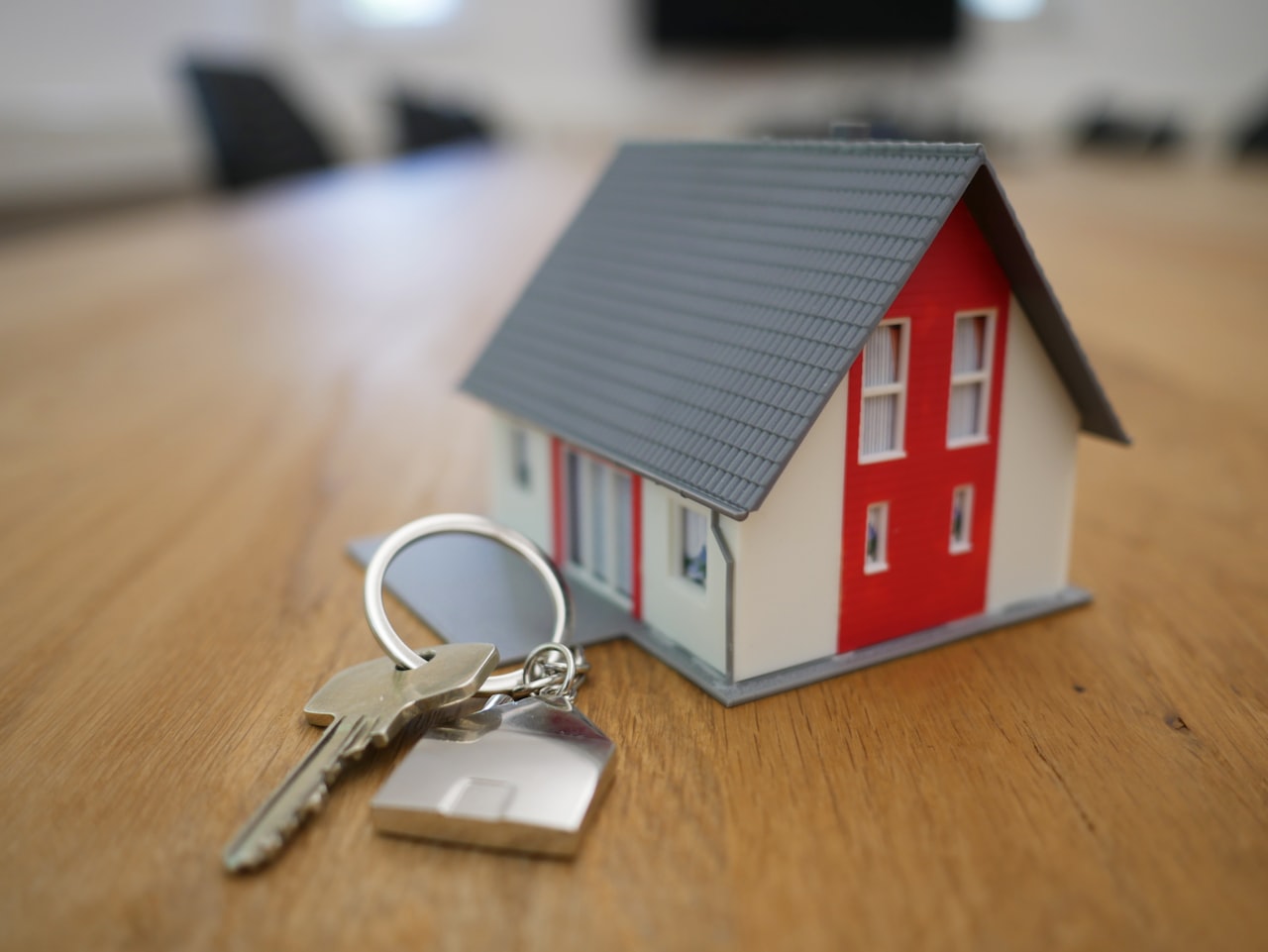
One thing our clients are almost always interested in is talking about real estate as an investment. And one of the easiest ways that folks can start their real estate investment portfolio is by turning their current home into a rental property and purchasing a new primary residence.
Educating clients as to the financial benefits of owning real estate rentals is a big part of our jobs as real estate advisors.We frequently show clients how holding on to their primary residence, rather than selling it, may make sense.
So what are the financial benefits of owning a rental property? What are the different ways an investment property can make money for the homeowner?
1. Cash Flow: When most people think about real estate as an investment, they are primarily considering the monthly cash flow they will gain. Cash flow is the money left over at the end of the month after all bills and the mortgage are paid. While cash flow is a part of the financial picture, there are other things to consider that might be even more impactful.
2. Principal Buy Down: On top of cash flow, owners of investment properties benefit from the principal buy down on their mortgage. The renters are paying down mortgage principal each month and that equity grows and benefits the home owner over time.
3. Appreciation: As home values go up, equity goes up over time.
4. Depreciation: There are tax benefits to owing a rental property, too. Our CPA, Troy Vigil, explained that the IRS allows homeowners to depcreciate their property over time and use this depreciation to offset their taxable income. Depreciation from rental properties can offset taxable income and can also offset the rental income. Talk to your trusted tax advisor for details about the tax benefits of owning rental properties and he or she can give you a thorough explanation!
Also, homeowners that turn their current home into a rental and purchase a new primary residence can take advantage of the different down payment options available to homeowners buying a new primary residence. Most investment loans require at least a 20% down payment, however, people purchasing a new primary residence can take advantage of lower down payment options and might be able to put down as low as 5% on a new loan.
For a lot of folks, the strategy of buying a new home and holding onto the old one makes sense, however there are some times that holding onto a property as a rental may be more trouble than it’s worth. If a property is in disrepair and needs costly upgrades in the short term, if is older and will have higher than average maintenance costs, or if the property is expensive enough so that it wouldn’t be easily rentable for the necessary rental amount, those are things homeowners should consider.
Ken has an in-depth investment spreadsheet that he, clients, and friends have built out over the years that he uses to evaluate investment properties. If you ever want to know how your property might perform as an investment vehicle or if you’d like to start building your investment portfolio, don’t hesitate to reach out and discuss this!
Until next time!
- Ken Crifasi and Allison Benham with K&A Properties





























































































